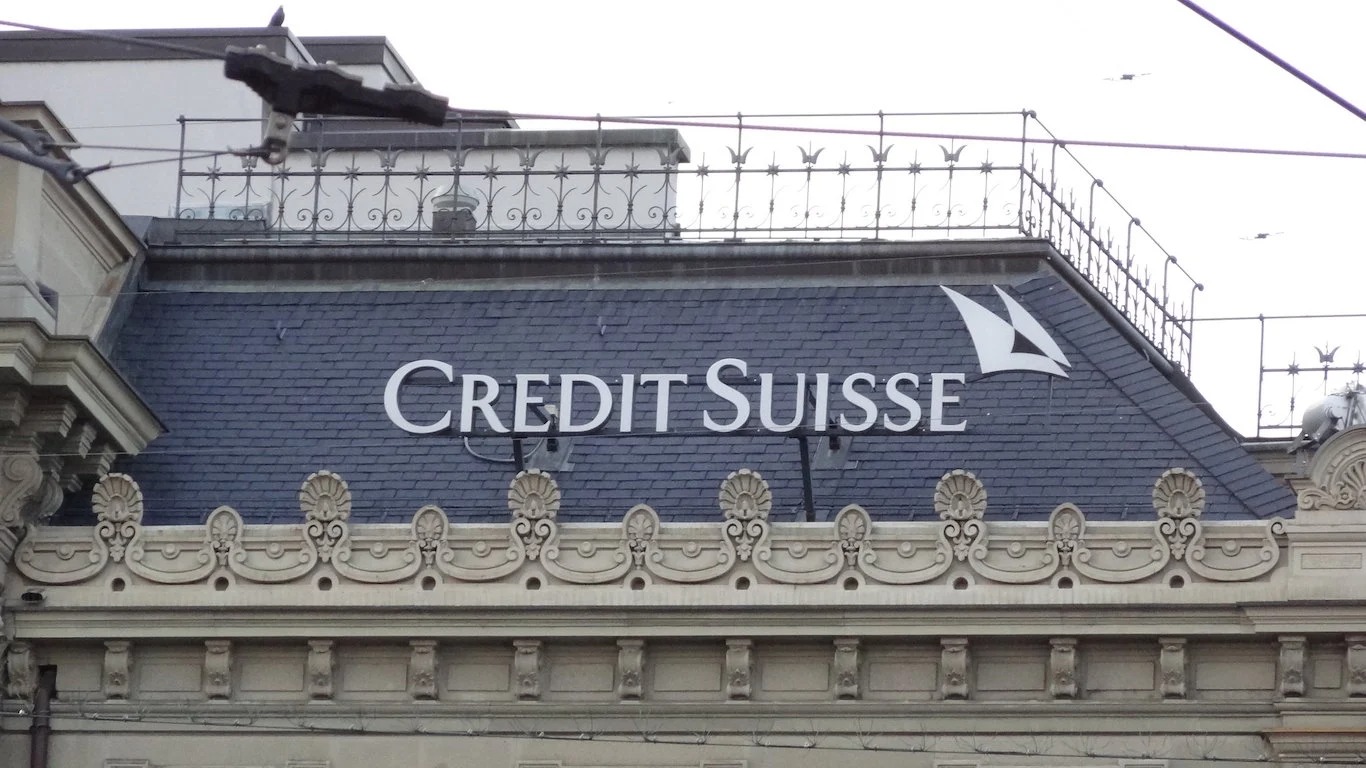
Credit Suisse Additional Tier 1 (AT1) bondholders are considering taking legal action after their $17 billion worth of AT1 bond investments became worthless following the UBS merger. Investment firm PIMCO and funds managed by Lazard Freres Gestion are facing hundreds of millions of dollars in losses relating to the AT1 bonds wipeout.
Credit Suisse AT1 Bonds Become Worthless
Holders of Credit Suisse AT1 bonds are mulling over potential legal action after the bank’s state-backed emergency rescue by UBS resulted in AT1 bonds being written to zero. Law firm Quinn Emanuel Urquhart & Sullivan said on Monday it was holding talks with the affected AT1 bondholders, representing a “significant portion” of the total notional value of the instruments.
Under the terms of the shotgun merger between two Swiss banking rivals, holders of AT1 bonds will get nothing from the acquisition. Meanwhile, the bank’s shareholders are set to receive $3.23 billion, even though they typically rank below bondholders in compensation when a bank or a company collapses.
AT1 bond investments in the embattled Credit Suisse were valued at around $17 billion before the takeover. However, the bonds’ terms in Switzerland state that during a restructuring process, financial watchdogs are not required to abide by the traditional capital structure hierarchy, which is how these bonds practically became worthless.
Some of the most exposed AT1 bondholders include funds managed by Lazard Freres Gestion, PIMCO, and GAM Investments, according to data by Morningstar. The data showed that fixed-income investment firm PIMCO held 3.49% of its 5.66 billion euro ($6.06 billion) GIS Capital Securities Fund in Credit Suisse AT1 bonds.
Swiss Authorities Tweaked the Law to Enable the UBS-Credit Suisse Merger
Credit Suisse, a systematically important bank, is set to be acquired by its longtime rival UBS, marking an end to a 167-year-old era. Swiss authorities engineered the mega-merger in an emergency bailout deal to contain financial market panic triggered by the collapses of Silicon Valley Bank (SVB) and Signature Bank earlier this month.
The Swiss government needed to tweak some laws to make the deal happen. More specifically, UBS shareholders had to vote on the merger under regular circumstances, but that had been circumvented before Monday, showing how committed Swiss authorities were to complete the deal and prevent the crisis from deepening further.
Before the deal was announced, UBS sought $6 billion from the Swiss government to cover costs if it were to acquire its local rival. To enable the takeover, the federal government provided a loss guarantee of a maximum of 9 billion Swiss francs ($9.75 billion). In comparison, the Swiss National Bank delivered over $100 billion in liquidity to facilitate the acquisition.
This article originally appeared on The Tokenist
Sponsored: Tips for Investing
A financial advisor can help you understand the advantages and disadvantages of investment properties. Finding a qualified financial advisor doesn’t have to be hard. SmartAsset’s free tool matches you with up to three financial advisors who serve your area, and you can interview your advisor matches at no cost to decide which one is right for you. If you’re ready to find an advisor who can help you achieve your financial goals, get started now.
Investing in real estate can diversify your portfolio. But expanding your horizons may add additional costs. If you’re an investor looking to minimize expenses, consider checking out online brokerages. They often offer low investment fees, helping you maximize your profit.






